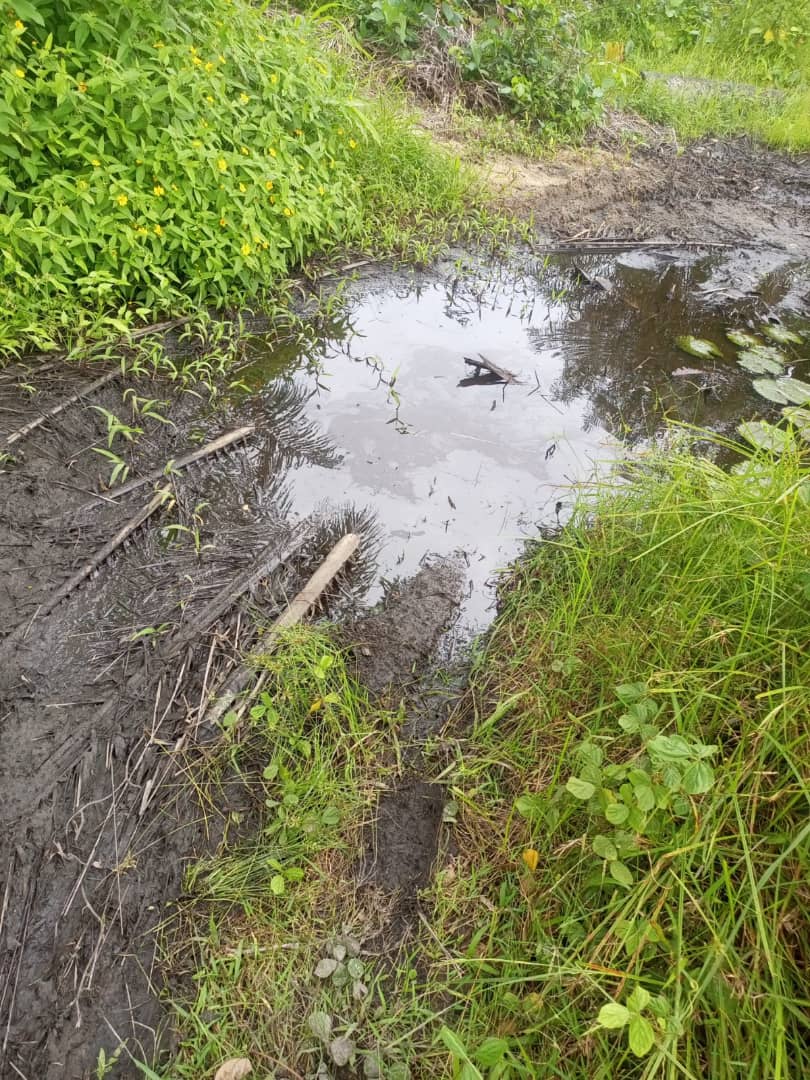Some farmers in Akwa Ibom State have lamented poor crop yields caused by oil spills especially in oil producing communities.
Farmers in Okoro-Utip in Ibeno Local Government Area of the state raised the alarm on Wednesday during a community dialogue with Health of Mother Earth Foundation (HOMEF).
While conducting HOMEF on inspection to some of the farms, the affected farmers said they had been experiencing poor yields as a result of oil spillage on the crops.
They added that many of them obtained loans from micro finance banks for farming but were disappointed by the crop yields.
How woman, daughters were forced out of their car in Abuja, marched into Kuje forest
936 die in boat accidents in 3 years
One of the farmers and missionary in the community, Pastor Abasi Ubong John, explained that the cassava stems he planted over a year ago were yet to bear tubers while the stems had started decaying.
He revealed that all the vegetables he planted in his farm had turned yellow, adding that even the application of fertilizers had no positive impact on the crops.
“This cassava you see here, I planted it over one year ago and when you harvest, nothing will be inside of it. If you leave it to stay more, it will start decaying from the ground.
“The problem is that the oil that enters the farm will destroy the grass and whatsoever you plant even if you apply organic manure, it will not work, let alone fertilizer. This oil drilling has affected Ibeno people seriously. It has affected our soil such that you cannot see earthworm, millipedes etc which help in the soil aeration,” he stated.
Another farmer, Elizabeth Ifum, said without the application of fertilizers, plants would never grow in the area, adding that the health of the people was being threatened due to the consumption of crops harvested from oil ravaged farms.
Earlier, Stephen Oduware, Project Lead, HOMEF, described Ibeno as a hotspot for oil pollution and encouraged the people to stand up and demand what is supposed to be given to them.
He said the organisation would empower the farmers with knowledge through capacity building for 12 months on how to demand their rights and discuss the impact of oil and gas extraction on them vis-a-vis land grabbing as well as ways to restore the impacted environment.

 Join Daily Trust WhatsApp Community For Quick Access To News and Happenings Around You.
Join Daily Trust WhatsApp Community For Quick Access To News and Happenings Around You.

